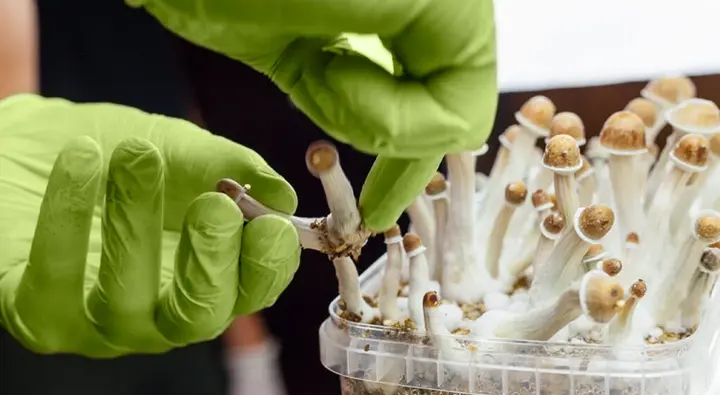
Psilocybin-assisted psychotherapy in the treatment of treatment-resistant depression: a randomized clinical trial evaluating repeated doses of psilocybin
Psilocybin therapy has shown significant promise in the treatment of depression. However,
earlier studies often excluded individuals with more complex forms of the illness, raising
concerns about the real-world applicability of the results. A new study, led by Rosenblatt and
his team, addressed this gap by including participants with high levels of treatment resistance,
co-occurring health conditions, and diagnoses of major depressive disorder (MDD) and
bipolar disorder type II.
The findings demonstrate that psilocybin, when combined with therapy, produces a robust
antidepressant effect, with safety outcomes comparable to previous studies. Notably, repeated
doses of psilocybin were associated with even greater antidepressant benefits. These results
highlight the potential for future psilocybin research to include individuals with more
complex psychiatric conditions. Preliminary data on the efficacy and safety of psilocybin
offer hope that it could be a valuable therapeutic option for individuals facing various severe
or treatment-resistant mental health challenges.
Research available:
https://www.sciencedirect.com/science/article/abs/pii/S2666634024000357
Psilocybin therapy shows great potential in the treatment of depression. However, previous studies did not include people with more complex forms of the disease, which calls into question the real-world applicability of those results. The new research, led by Rosenblatt and his team, included participants with a high degree of resistance to therapy, the presence of other health problems, and diagnoses of major depressive disorder and bipolar II disorder. The results show that psilocybin in combination with therapy has a significant antidepressant effect, with satisfactory safety, similar to previous research. It is also notable that repeated doses of psilocybin lead to even better antidepressant effects. These findings support the idea that future research on psilocybin should include people with complex forms of illness. Preliminary efficacy and safety data provide hope that psilocybin therapy may also be beneficial for people with various complex forms of illness.
Research available: https://www.sciencedirect.com/science/article/abs/pii/S2666634024000357